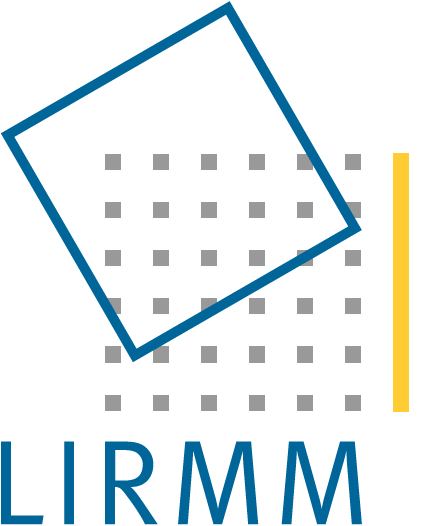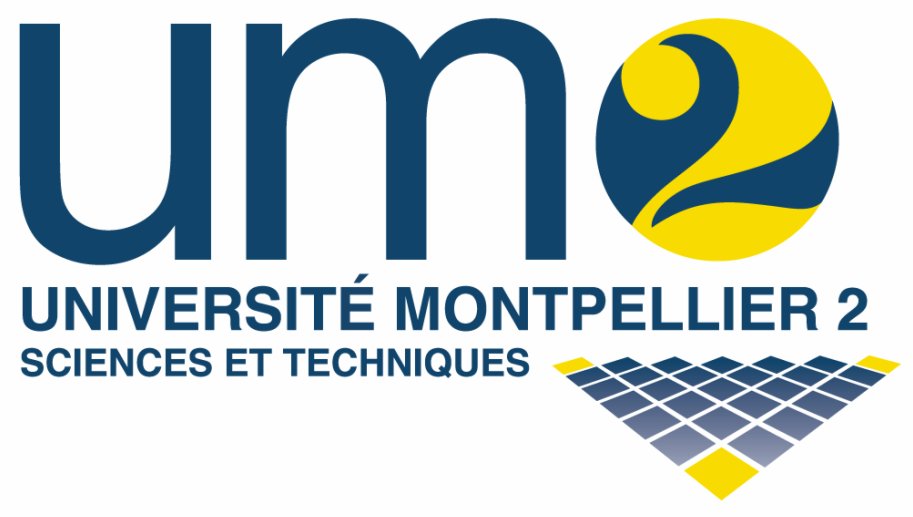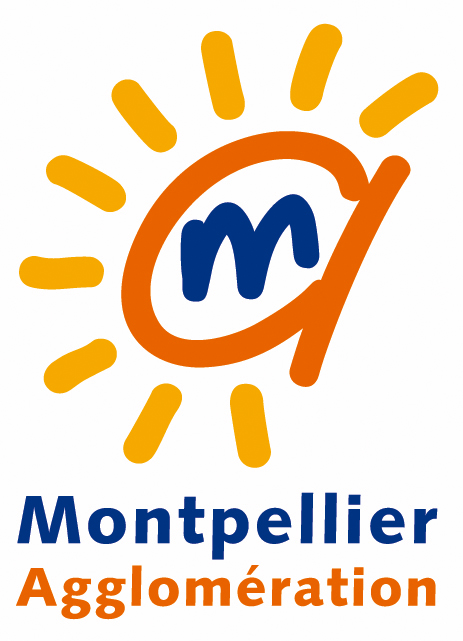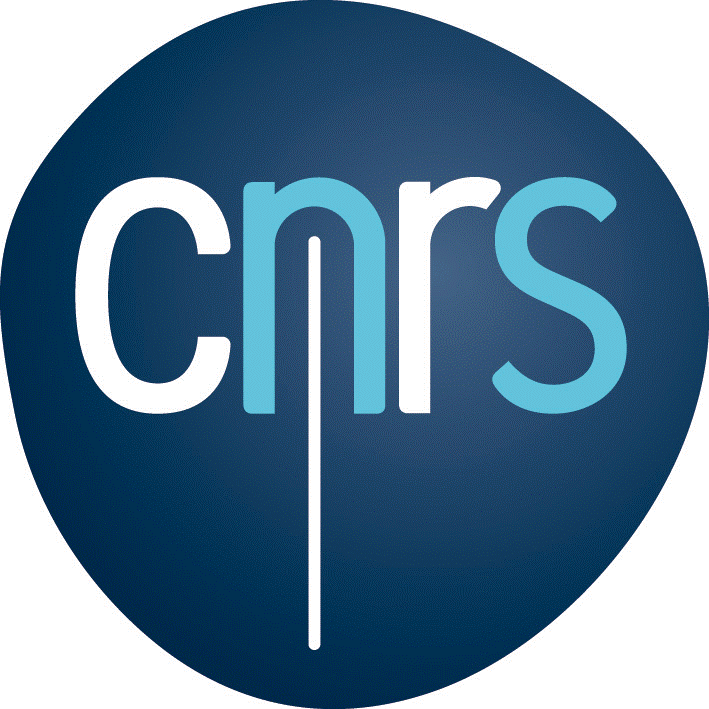PhD Symposium
The ESWC2013 PhD Symposium will take place as part of the ESWC 2013 in Montpellier, France. This event aims at providing PhD students with an opportunity for presenting their PhD work, receiving feedback from experienced researchers of the Semantic Web community and for establishing contacts with PhD students from other institutions. We also plan a tutorial on successful scientific paper writing. The symposium is targeted at students doing their PhD in the Semantic Web area or adjacent topics.
The symposium is open to all PhD students falling in one of the following categories:
- * early-stage: students at the beginning of their work that have defined their problem statement and a clear research plan;
- * intermediate-stage: students in the middle of their PhD process with problem statement and research plan defined and initial results collected;
- * advanced-stage: students in the final period of their PhD course, but with sufficient time prior to completing their dissertation to still benefit from the provided feedback.
Submitted papers will be reviewed by a number of experienced researchers with the aim of providing the students with constructive feedback. One of these reviewers will also act as a mentor and be available at ESWC for in-depth discussions. Authors of accepted papers will be required to prepare an oral presentation and a poster. A dedicated jury will select the best papers that will be awarded during the last conference session. All accepted papers will be included in the proceedings of ESWC 2013, published by Springer in the LNCS series. There will be a limited amount of travel funding for PhD students, provided that their paper has been accepted. More information on this will be released on the conference website soon.
Topics
Submissions should focus on the development and/or deployment of Semantic Web theories, methods, and technologies along the lines of the areas of ESWC 2013, including:
- Ontologies
- Reasoning
- Linked Open Data
- Semantic Data Management
- Social Web
- Web Science
- Natural Language Processing and Information Retrieval
- Machine Learning
- Mobile Web, Sensors and Semantic Streams
- Services, Processes and Cloud Computing
- Semantic Web for Big Data Analytics
- Cognition and Semantic Web
Submission Information
According to the category of PhD students we are looking for three types of submissions. Submissions should be structured by following the templates suggested below, which will be also used as evaluation dimensions:
Early-stage submission
From PhD students in their early phase, we require a PhD outline which should tackle the following points:
- * Motivation and Research questions: Describe the core research problem, and motivate its relevance for the Semantic Web area;
- * State of the art: Describe relevant related work, and point out weaknesses and open problems;
- * Proposed Approach: Present the planned approach(es) and discuss novelty, effectiveness, and possible limitations;
- * Planned research methodology: Sketch the methodology that will be adopted, including the evaluation method;
- * Schedule: Give a rough schedule for your PhD process with important milestones.
Intermediate-stage submission
PhD students in the middle of their PhD are supposed to provide a preliminary report addressing the following points:
- * Motivation and Research questions: Describe the core research problem, and motivate its relevance for the Semantic Web area;
- * State of the art: Describe relevant related work, and point out weaknesses and open problems;
- * Approach: Present the pursued approach and discuss its novelty, effectiveness, and possible limitations;
- * Research methodology: Sketch the methodology that is being adopted, including the evaluation method;
- * Results: Describe the current status of the work with respect to achieved results (algorithms, methods, models, prototypes, etc.) and possible preliminary evaluation;
- * Future Work: describe the work yet to be done and sketch a time plan for it.
Advanced-stage submission
PhD candidates in their final phase should give a coherent overview of their PhD work including:
- * Research questions: describe the core problem of the PhD and motivate its relevance for the Semantic Web area;
- * State of the art: describe relevant related work and point out problematic aspects that are addressed by your work;
- * Proposed Approach: present the approach taken and motivate how this is novel with respect to existing work;
- * Methodology: describe the methodology that has been adopted while putting particular emphasis on the evaluation of the work;
- * Results: Describe the current status of the work with respect to achieved results (algorithms, methods, models, prototypes, etc.) and evaluation;
- * Remaining Work: describe the work yet to be done (including the writing process) and sketch a time plan for it.
Submissions must
- * not exceed 5 pages in length
- * be formatted in LNCS style of Springer
- * be in PDF format
- * be submitted electronically through the Conference submission site
Papers will not be accepted in any other format.
Important Dates
Submission deadline: January 16 2013
Notification of acceptance: February 28 2013
Camera ready versions due: March 12 2013
Travel Assistance for Students
ESWC 2013 has a limited budget to provide travel assistance for PhD and Master's students. Please check Participant's page for more information.
Programme Committee
Organization
Laura Hollink, Vrije Universiteit Amsterdam (The Netherlands)
Sebastian Rudolph, Karlsruher Institut für Technologie (Germany)


































